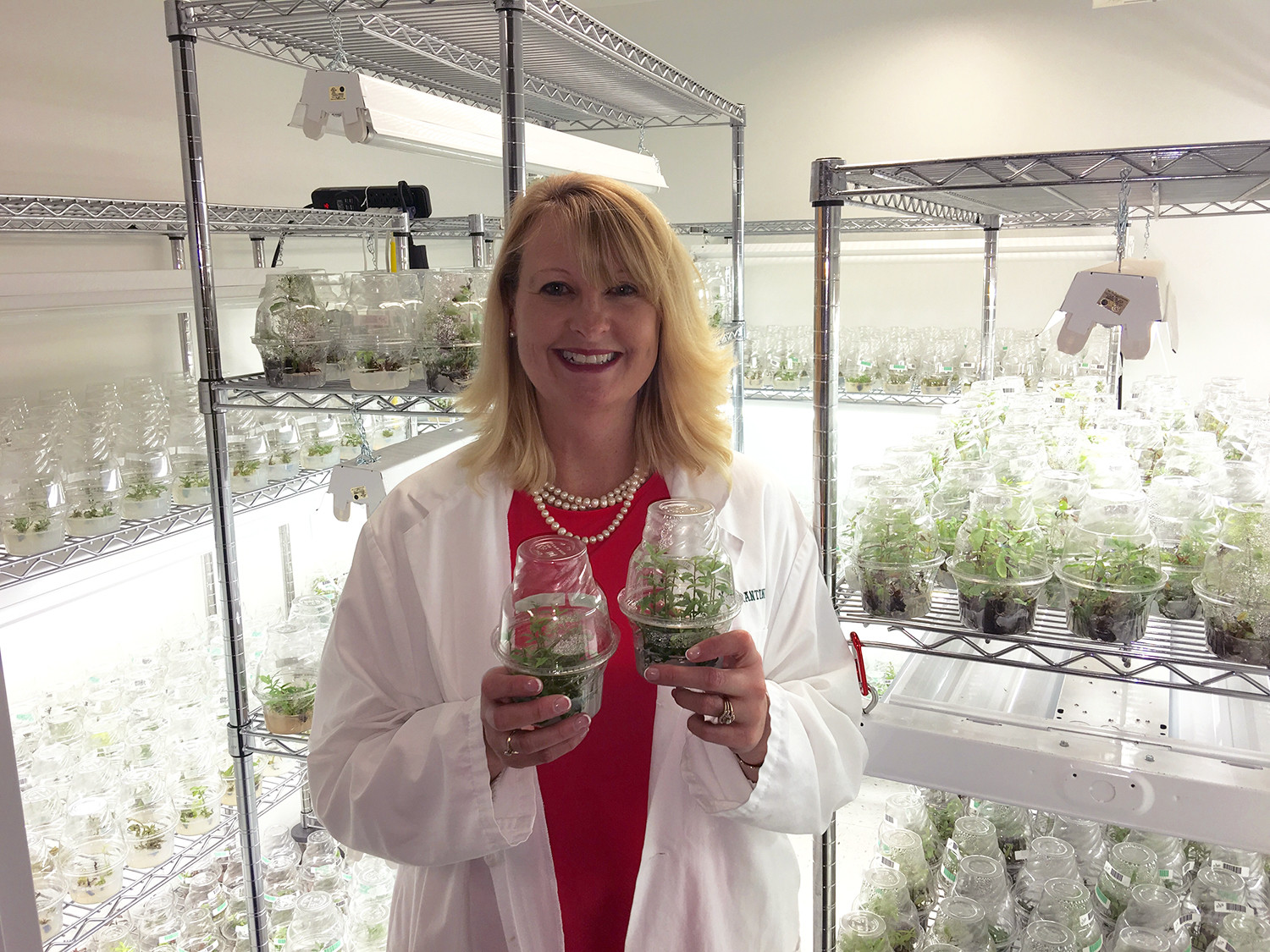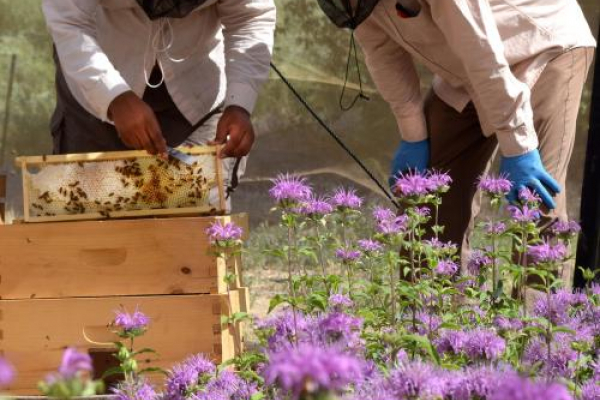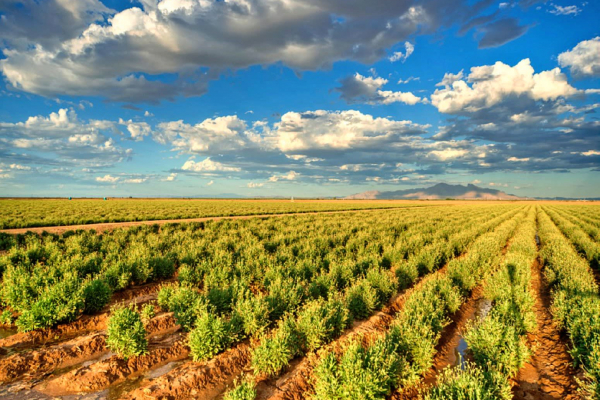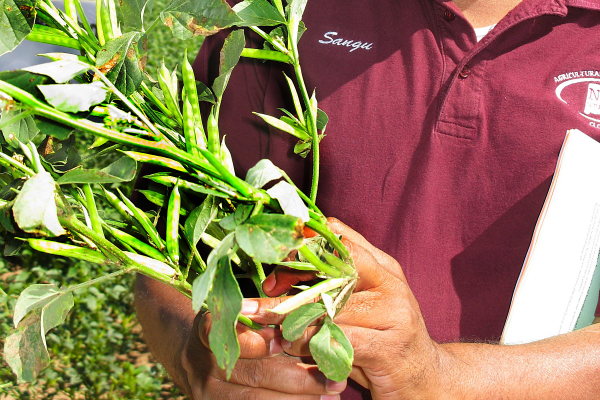Powering Pecans: Leveraging genetics to defend crops against disease and weather

PROBLEM
- Pecan production is hindered by a number of stresses, including disease, drought, and a challenge known as alternate bearing.
SOLUTION
- Develop genetic tools to breed healthier pecan trees that are more productive and resilient.
Pecans are commercially grown across the U.S. American farmers produce nearly 300 million pounds of pecans each year, but the industry is facing mounting challenges from disease, limited resources, and production uncertainty.
Dr. Randall and her team are utilizing the available natural genetic diversity in pecans for future breeding of better seeds. The ultimate goal of the research is to produce trees with specific traits, such as disease resistance and salt tolerance, that will allow for better production. This coordinated effort includes researchers from institutions including NMSU, University of Arizona, Noble Foundation, USDA, University of Georgia, Texas A&M, and Hudson-Alpha.
Pecan production is threatened by disease, drought, increasing temperatures, and alternate bearing. Alternate bearing is a cyclical process that causes an individual pecan tree to have a good production year followed by one or more years of poor yield. The bad seasons are greatly affected by drought, disease, and other threats to production.
The research team is sequencing the genomes of four pecan genotypes and has determined what sequences go to which chromosome. This means they are one step closer to understanding which genes lead to optimal characteristics. Selection of pecan crop characteristics will improve by decreasing the time it takes to breed new trees and select desirable traits.
Dr. Randall and her team hope to ultimately develop new pecan varieties that will provide benefits to growers in different regions. New cultivars will be economically beneficial to growers as they will be able to produce a more stable crop with fewer inputs and protect pecans into the future.
I grew up in a small rural community in northern New Mexico where the importance of agriculture and the need for solutions was apparent. I love plant genetics and that research provides solid and very necessary ways to help farmers.”
– Jennifer Randall
RESEARCHERS
- Jennifer Randall, PhD, New Mexico State University
- Richard Heerema, PhD, New Mexico State University
- Joe Song, PhD, New Mexico State University
- Rolston St.Hiliare, PhD, New Mexico State University
- Jay Lillywhite, PhD, New Mexico State University
FUNDING
- USDA NIFA Specialty Crop Research Initiative


